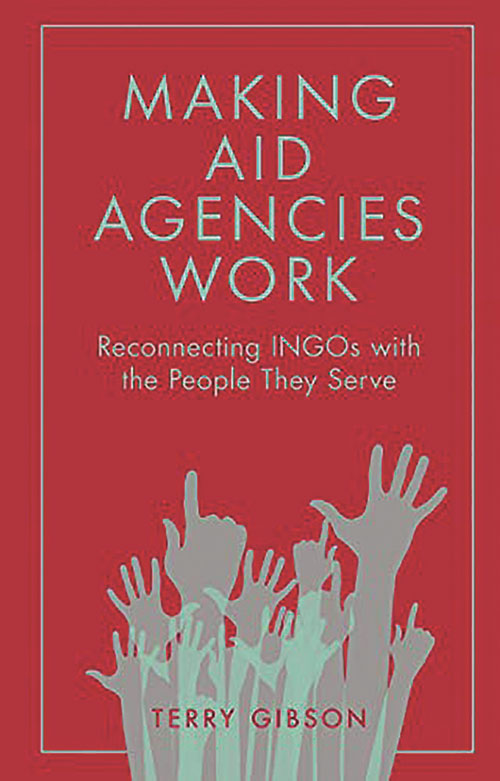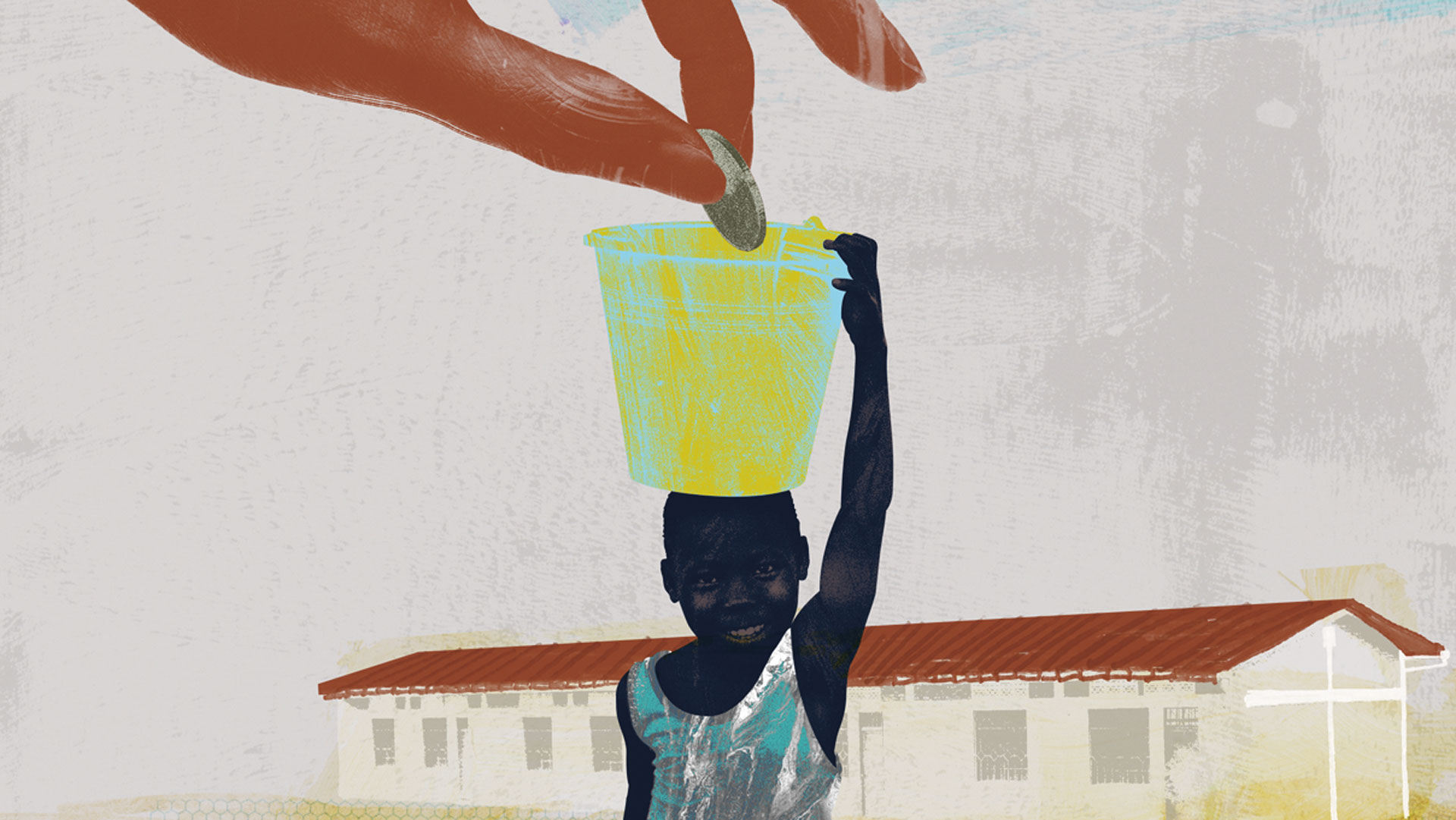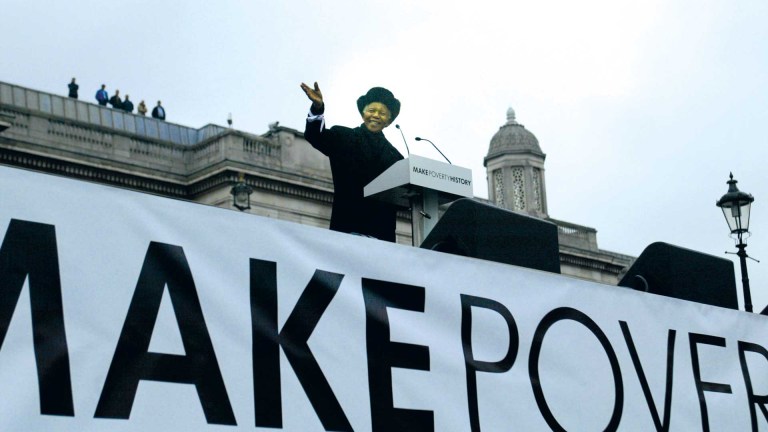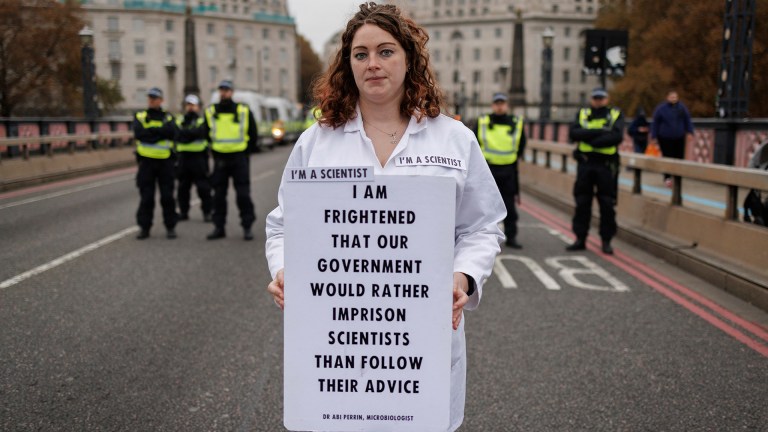Some books take a long time writing. I sat in a Tanzanian village in 1993 and started to ask why people there and in many villages, towns and cities round the world were unheard and ignored while billions of dollars were spent on supposedly improving their lives, and this year I finally wrote Making Aid Agencies Work.
My work then was filmmaking. An enlightened aid agency agreed we could make a film about the ordinary lives of people in a poor country, a counterpoint to the bleak images of powerlessness and suffering used to extract donations from the public. We went to watch, listen and record what we saw, living in the village for a week at a time. A farmer told us about his family’s weekday life, working the fields from dawn to dusk. Weekends, however, were for leisure, talking, cooking, enjoying each other’s company. One of the poorest in the village was a woman bringing up eight children on her own. Her small plot of land wouldn’t support them and she worked for other farmers to raise money. But she also made earthenware pots. When we asked why she was making them she said it was something she did for pleasure, a hobby. Her life was pressured and difficult but she found time to craft her pots.

I came away realising these people weren’t defined by poverty, but were living rich lives with their own hopes and plans. But as I continued to travel and record in many countries, clocking up about a million airmiles, I became increasingly convinced that aid – ‘international development’ – didn’t listen to the people whose lives it was meant to improve. What I saw instead were aid agencies sweeping in with pre-packaged projects to improve things like sanitation, water supplies, agriculture and health, ticking off their targets and leaving again.
People working for these agencies were in it for all the right reasons but when I turned the camera off and we chatted informally they told me how the organisations they worked for, and the whole aid system, often prevented them doing the things they knew would be best. It stopped them getting alongside people, building relationships, listening, forging partnerships and working together for change. That takes time, imagination, energy and flexibility. It’s entirely at odds with pre-packaged, big budget, fast turnaround projects.
I started working with a global network of small local aid agencies. I learnt a huge amount from them and also from study and research at Manchester University. I gradually concluded that the ideas I’d started to form in Tanzania were correct. This huge aid industry is a prisoner to its history and rapid growth, making it more and more dependent on funding. It listens to its donors, often governments and institutions, rather than its customers. Its projects are determined by donor priorities. They want fast results. Aid agencies can even find themselves becoming tools of foreign policy and security. The paymasters call the shots. It could be different. There’s a growing clamour for change. Even within the UN a 2015 global conference demanded that a massively increased proportion of funding should go directly to local agencies rather than big aid agencies.
I saw an example of local development this year in a slum village in a Filipino city. Community members were collecting household waste and clearing blocked watercourses and drains, recycling plastic, making compost from food waste, growing seedlings and creating ‘vertical gardens’, suspending plastic bottles from ropes outside their houses, cutting them open, filling them with compost, planting seedlings and growing household vegetables. They’d started a co-operative selling compost, seedlings and other organic products they manufactured, creating jobs and income. A local aid worker provided ideas, support and funding from their agency but local community members ran the work and told me about all this over lunch in the community hall. They owned it, and what they’d done inspired them to do more. They were pressing local politicians to improve the infrastructure. Slow, small changes which looked like they would stick and make a difference to people’s lives.










